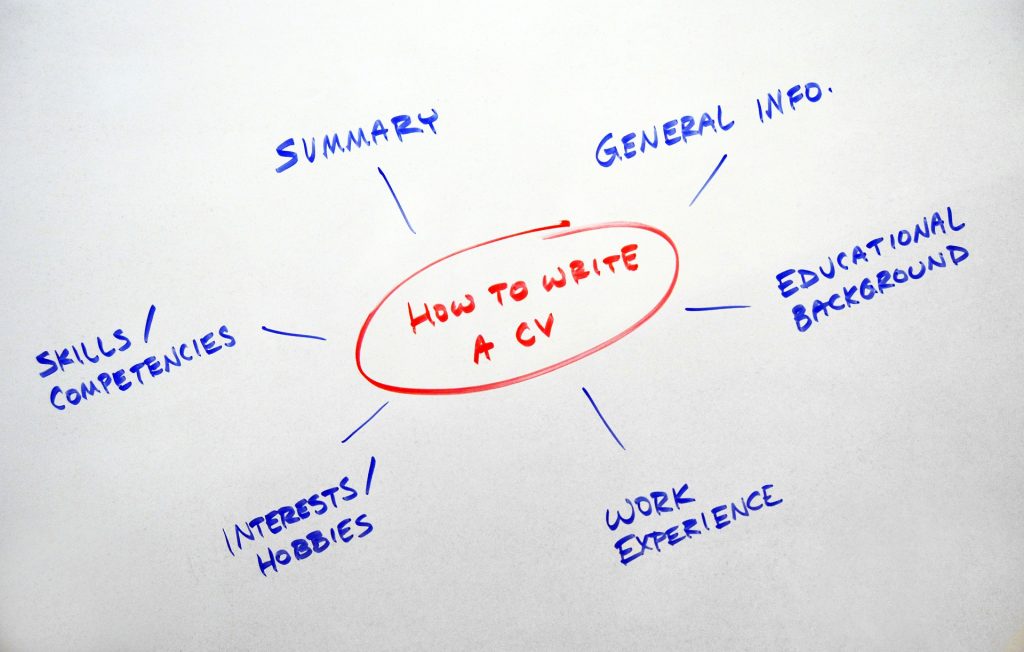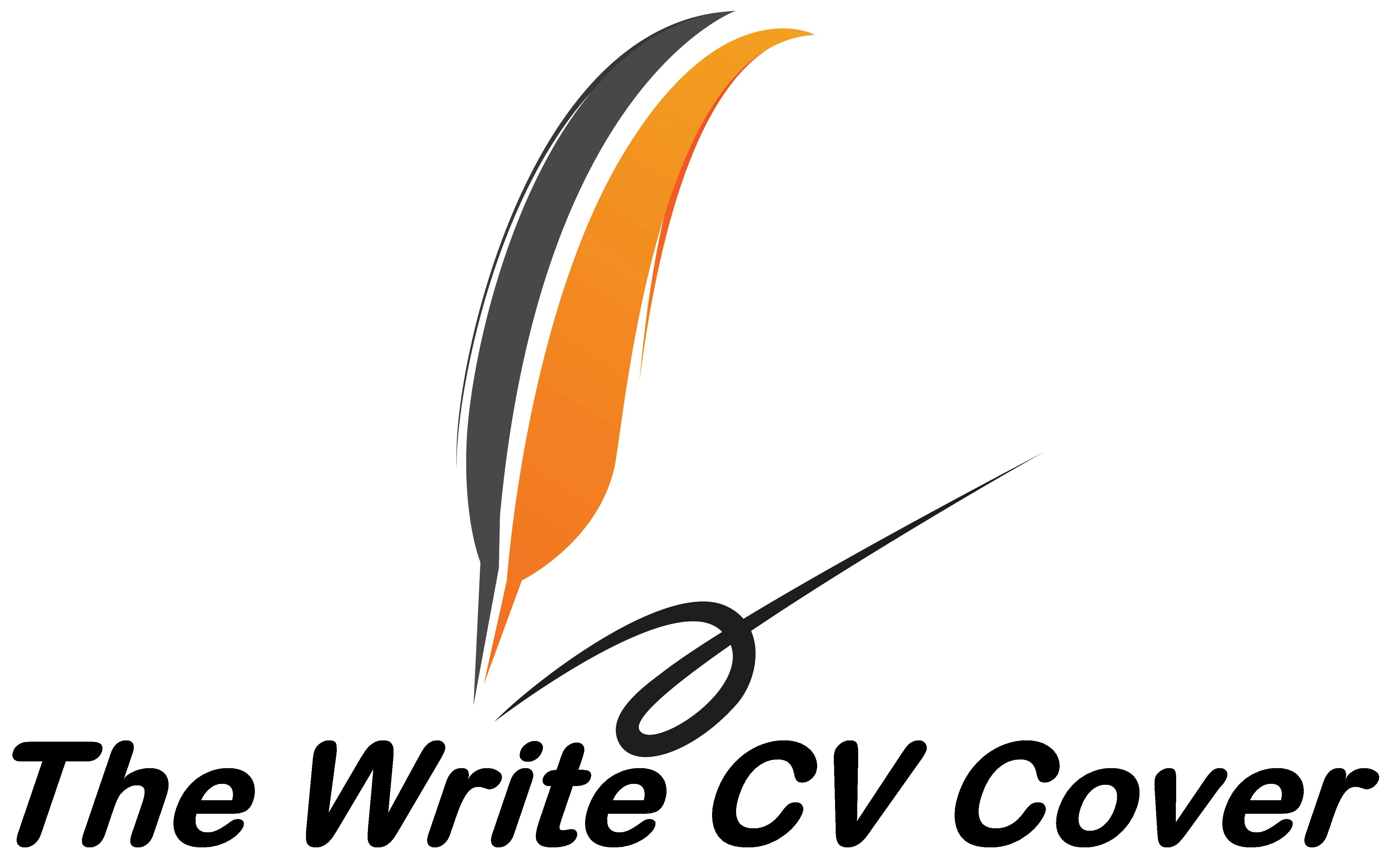Imagine you are a hiring manager who received nearly 1000 CVs for a job posting. How much time would you dedicate to each CV in order to find the right candidate? A minute? That would be 1000 minutes. Many hiring managers simply don’t have this time. For this reason they often dedicate less than a minute; sometimes just a few seconds to each CV. So, you’re probably wondering how long should a CV be?
Our survey, conducted on social media and on other platforms, showed that majority of hiring managers spend less than a minute reading a CV. With 14% saying they spend under 20 seconds and 50% saying under a minute.
Let’s make your CV easily readable, even if a recruiter only has 10 seconds to spare!
Make important information easy to find

Your CV doesn’t need to be one page long; you can extend it to two or even three, although most hiring managers prefer you keep it under three pages. You just need to make it easy for them to find the important information.
Invite them in with a professional profile that clearly states who you are and what you have achieved. This is the first part of your CV and it should clearly define your professional expertise.
Then clearly state job titles and companies you have worked for, so they can match them against the role you are applying for. You can then list education and other important qualifications.
If you are a recent graduate, your qualification should be listed first.
So, how long should a CV be?
Ideally it should be two pages long for the average worker, one page long for recent graduates and for professionals with decades of work experience, it can extend to three pages.
How do I make my CV shorter?
It’s easy to make a long CV shorter. You just need to know what recruiters are looking for and what they are not interested in. Below are a few tips to make a long CV shorter.
The unnecessary information that make your CV longer

There is a lot of unnecessary information that can make your CV longer. Cut these out, you will create plenty of free space for only the required information.
Unnecessary academic information
You do not need to go back to your college days or list your GCSEs if you have a degree. Just list your degree, grade and university. Don’t include a list of all the courses you took and results. There are exceptions, of course, and they include academic CVs where emphasis on academic achievements is important.
Personal information
You don’t need to include personal information such as your age, date of birth, your full home address, and also a picture which can take up space. Sometimes giving too much personal information can work against you. So keep your CV professional and clear.
Extensive details about your hobbies
You should create a list, but not go into in too much detail. If a hiring manager takes an interest in your hobbies, they can ask you for more details during the interview.
A core skills section where you list adjectives and qualities
Some people create a core skills section where they list unnecessary adjectives and qualities, like patient, creative etc. If you are going to create a core skills section, make sure it’s filled with keywords. And keep it short.
References
Don’t dedicate an entire page to references. Write that they are available upon request. Hiring managers take interest in them only when they are ready to employ you, so until then keep them to yourself.
Use bullet points

Instead of long sentences, use bullet points to highlight your skills and expertise. Bullet points make it easier for recruiters to see your suitability for the role as you cut out descriptive and unnecessary words.
List key duties and responsibilities
To free up more space, only list key duties and responsibilities. You don’t need to mention every single task you performed. Some duties are also not worth mentioning because you don’t need specific skills or training to do them. Go through your CV and see what doesn’t bring value to you and remove them to shorten your CV.
Remove old irrelevant jobs
People with long CVs often have a habit of listing all of the jobs they held. This is not necessary. Chances are your first job has no connection to your current role or the career path you have since carved. So, create more space by removing it.
You can also have jobs beyond ten years as a list. Just mention the job title and the company you worked for. If necessary, you can also mention key achievements.
Don’t use long sentences
Avoid long sentences, whether in your professional profile or in bullet points. Long sentences can mask important information. In short sentences, clearly state only the important.
If you would like one of our experts to give you a free CV review, please get in contact.
